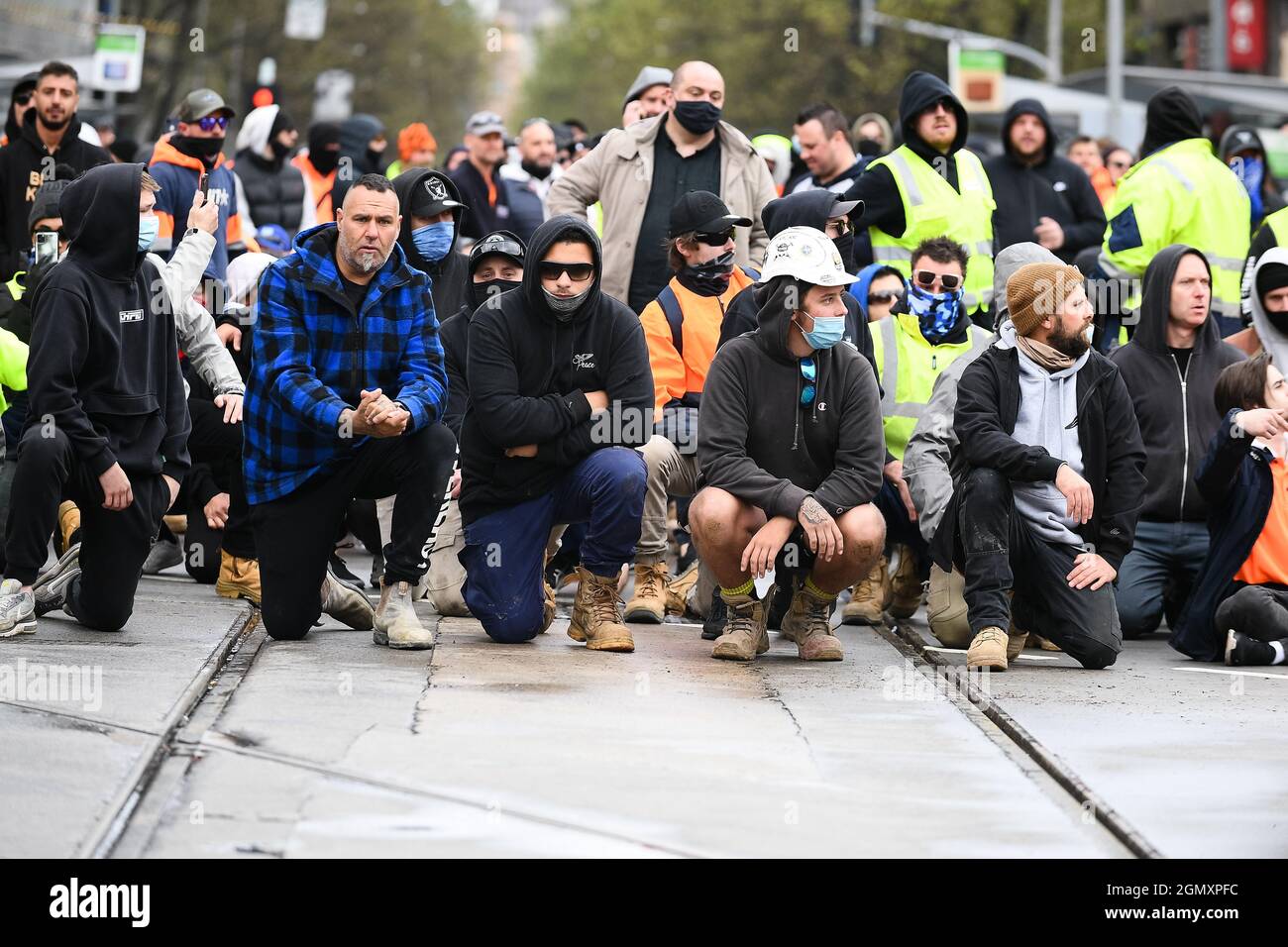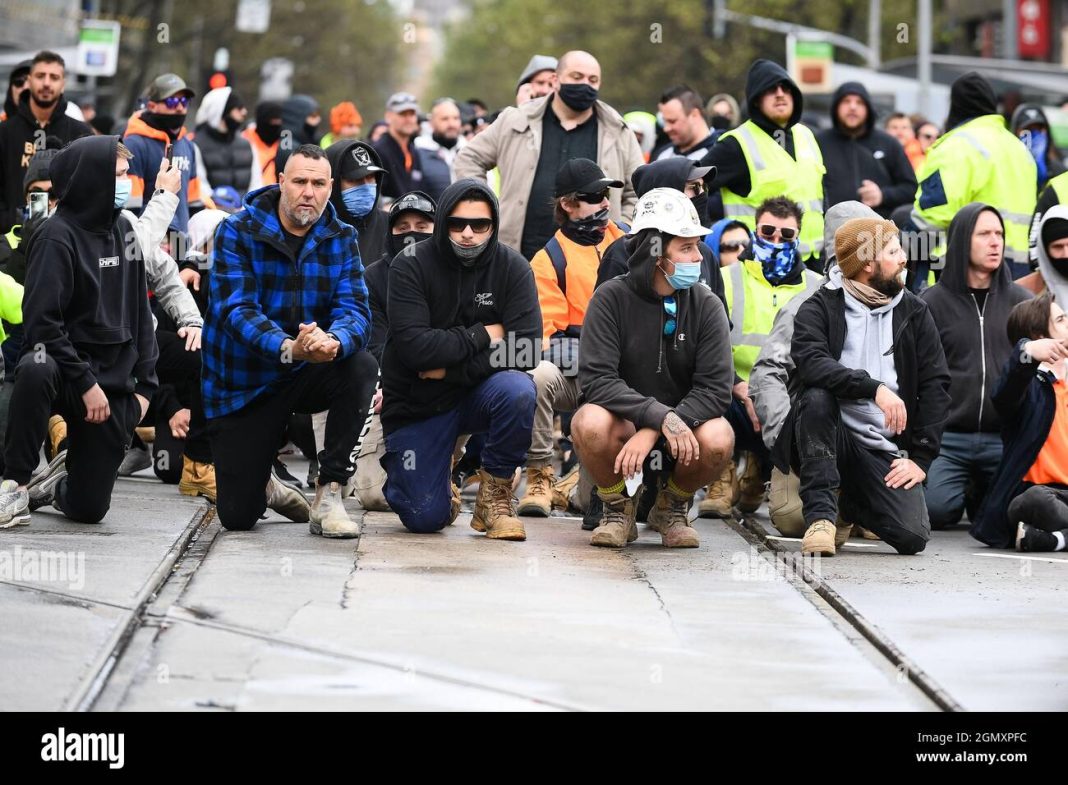 Opposition Leader Peter Dutton has announced his plans to resurrect the Australian Building and Construction Commission (ABCC) in response to the ongoing controversy surrounding the Construction, Forestry, Maritime, and Energy Union (CFMEU). Dutton stated that the Liberal-National Coalition would introduce legislation for the ABCC to monitor the construction industry during the August sittings of the federal Parliament. If unsuccessful, Dutton pledged to bring back the ABCC if his party wins the next election.
Opposition Leader Peter Dutton has announced his plans to resurrect the Australian Building and Construction Commission (ABCC) in response to the ongoing controversy surrounding the Construction, Forestry, Maritime, and Energy Union (CFMEU). Dutton stated that the Liberal-National Coalition would introduce legislation for the ABCC to monitor the construction industry during the August sittings of the federal Parliament. If unsuccessful, Dutton pledged to bring back the ABCC if his party wins the next election.
The ABCC, which was established in 2005 in response to the Cole Royal Commission report, has had a tense relationship with the CFMEU. The CFMEU has been described as the most prosecuted union in the country, with numerous convictions for assaults and stand-over tactics. The ABCC issued $8.7 million in fines to the CFMEU during its existence, leading to one judge calling the union the “greatest recidivist offenders in Australian corporate history.”
Labor MP Bill Shorten has argued against bringing back the ABCC, stating that he does not believe it will solve the industry’s problems. However, labor’s National Executive announced on July 18 that it would cut ties with and block donations from the CFMEU due to their reported behavior.
The controversy surrounding the CFMEU has also led to a call for an end to union monopolies. The HR Nicholls Society, an industrial relations reform group, has urged the federal government to open up the union industry to allow for the creation of more worker’s groups. The CFMEU currently enjoys protections under the “conveniently belong” rule in the Fair Work Act, which effectively limits an industry to one union group. This practice goes against the principles of free association under the International Labour Organisation (ILO).
Independent western Sydney MP Dai Le has spoken out about the impact of the CFMEU on people in her electorate. She highlighted issues of non-English speakers feeling pressured to join the union and expressed concerns about threats in the construction industry.
In light of the controversy surrounding the CFMEU, several Labor state governments, including New South Wales, Victoria, and Queensland, have taken action by pausing donations and freezing talks. The Australian Council of Trade Unions, the peak union body, has also distanced itself from the CFMEU’s construction division.
To address these concerns, the HR Nicholls Society has called for the exclusion of the CFMEU as a party to Enterprise Bargaining Agreements (EBAs) in government contracts. They argue that any other union should be able to represent employees on construction work on government contracts, instead of forcing workers to be represented by the CFMEU.
Overall, the controversy surrounding the CFMEU and its conduct has prompted calls for reform and greater oversight in the construction industry. The potential resurrection of the ABCC and the push for an end to union monopolies aim to address these concerns and ensure that standards across the industry are upheld.


